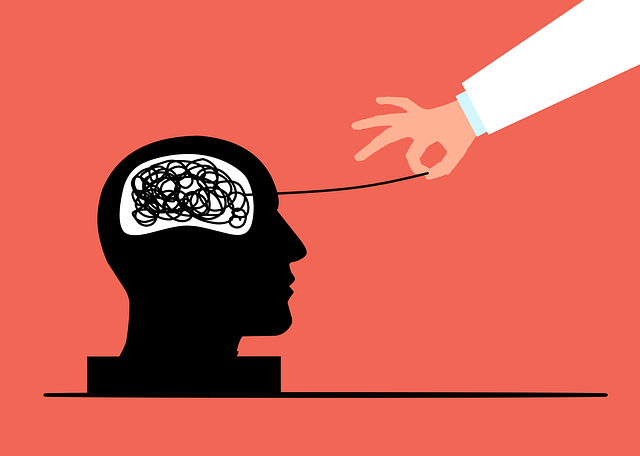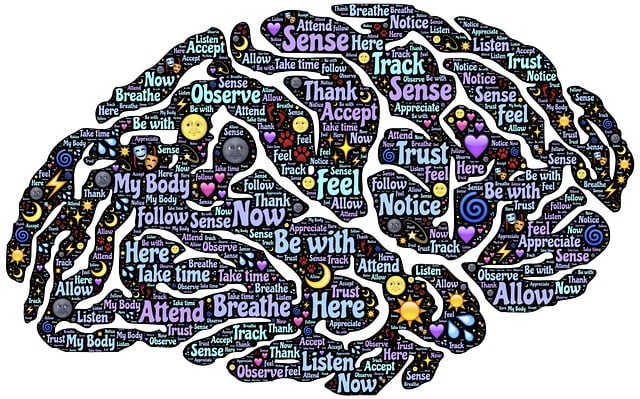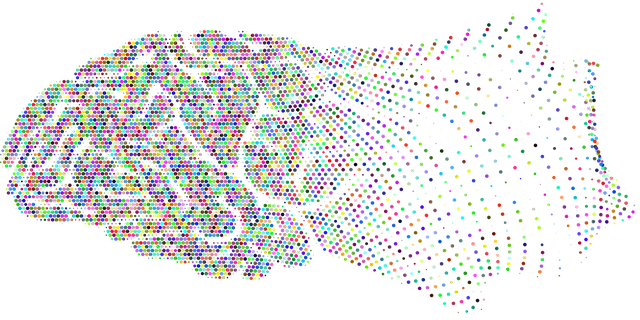Assessing the Boulder Drug Abuse-Substance Abuse Therapy (BDAST) involves a dual approach combining quantitative and qualitative methods for a comprehensive evaluation. This strategy includes tracking participant progress with surveys, gathering insights from interviews and focus groups, and observing behavioral changes during therapy sessions. By integrating these data sources, evaluators can identify successful components, tailor programs to individual needs, enhance Mental Health Education, and contribute to stigma reduction efforts. This holistic approach ensures that BDAST remains aligned with evolving mental wellness requirements, leading to lasting positive outcomes.
Mental wellness program evaluations are pivotal in understanding the effectiveness of initiatives aimed at improving psychological well-being. This article delves into various assessment methods, from assessing program impact through measured outcomes to gathering participant feedback via self-reports and interviews. It explores direct behavioral observations in substance abuse therapy, emphasizing the importance of comprehensive data analysis for evaluating programs like Boulder Drug Abuse-Substance Abuse Therapy. By employing these techniques, mental health professionals can ensure successful interventions.
- Assessing Program Impact: Methods for Measuring Success in Mental Wellness Initiatives
- Participant Feedback: Utilizing Self-Reports and Interviews for Evaluation
- Behavioral Observations: Direct Assessment Techniques in Substance Abuse Therapy
- Data Analysis and Interpretation: Ensuring Comprehensive Program Evaluation
Assessing Program Impact: Methods for Measuring Success in Mental Wellness Initiatives

Assessing the impact of mental wellness programs is paramount to understanding their effectiveness and making informed improvements. A multifaceted approach is essential given the diverse nature of mental health concerns. One method involves tracking participant progress through pre-and post-program assessments, gauging changes in symptoms, coping strategies, and overall well-being using standardized questionnaires. These evaluations provide quantitative data on program success.
Qualitative methods complement quantitative assessments by gathering insights from participants’ experiences. Focus groups, interviews, and feedback forms allow individuals to share personal stories of growth, challenges encountered, and suggestions for enhancement. This qualitative data offers valuable context, shedding light on the program’s impact on Mental Health Education Programs Design and contributing to Mental Illness Stigma Reduction Efforts. By combining these approaches, evaluators can comprehensively measure success in mental wellness initiatives, such as Boulder Drug Abuse-Substance Abuse Therapy, ensuring that programs are tailored to meet the evolving needs of participants.
Participant Feedback: Utilizing Self-Reports and Interviews for Evaluation

Participant feedback is a crucial component of evaluating mental wellness programs, offering valuable insights into their effectiveness. One powerful method involves harnessing self-reports from program participants. These can take the form of questionnaires or surveys designed to assess various aspects of mental health and well-being, including symptoms of anxiety, depression, and substance abuse, as well as overall satisfaction with the program. For instance, a study focusing on Boulder Drug Abuse-Substance Abuse Therapy might employ self-report measures to gauge participants’ perceptions of their emotional well-being promotion techniques used throughout the therapy sessions.
In-depth interviews are another effective evaluation tool. Trained facilitators conduct one-on-one conversations with participants to explore their experiences, thoughts, and feelings related to the program. This qualitative approach allows for a deeper understanding of individual journeys and can reveal unique perspectives on the program’s impact, including unexpected benefits or challenges. By combining self-reports and interviews, mental health policy analysis and advocacy efforts are better equipped to design evidence-based programs that effectively promote mindfulness meditation techniques and address the complex needs of individuals seeking support for their mental wellness.
Behavioral Observations: Direct Assessment Techniques in Substance Abuse Therapy

Behavioral observations are a direct assessment technique commonly employed in substance abuse therapy, offering valuable insights into a client’s behavior and progress. Therapists can systematically observe clients during sessions and interactions, noting changes or patterns related to their mental wellness journey. This method is particularly effective for identifying subtle shifts in mood, anxiety levels, and social interactions, which may indicate improvements or setbacks in recovery.
In the context of Boulder Drug Abuse-Substance Abuse Therapy, behavioral observations can help tailor treatment plans, especially when combined with other evaluative methods. For instance, a therapist might notice increased eye contact and active participation during group sessions, suggesting enhanced self-esteem and social engagement. This observation could further guide therapists to design activities focused on building resilience, fostering connections within the group, and promoting positive coping strategies—all essential components of comprehensive substance abuse therapy, including Stress Management Workshops Organization programs aimed at burnout prevention and self-esteem improvement.
Data Analysis and Interpretation: Ensuring Comprehensive Program Evaluation

Comprehensive program evaluation goes beyond mere data collection; it demands a nuanced understanding of the interplay between mental wellness interventions and individual outcomes. Effective analysis involves examining both qualitative and quantitative data, from participant surveys and therapy session notes to engagement rates and treatment adherence. By integrating these diverse sources, evaluators can uncover valuable insights into what aspects of the program are most impactful, identifying areas for improvement and best practices in Boulder Drug Abuse-Substance Abuse Therapy.
This deep dive into data allows for a holistic view, moving beyond simple metrics towards understanding the emotional healing processes at play. Such analysis is crucial not only for refining existing Mental Wellness Coaching Programs Development but also for guiding future initiatives, ensuring they are aligned with the evolving needs of those seeking support. Moreover, it contributes to the broader field of mental health by informing Risk Assessment for Mental Health Professionals and fostering evidence-based practices that promote lasting positive outcomes.
Evaluating mental wellness programs is a multifaceted process, from assessing program impact through various measurement tools to analyzing participant feedback and behavioral observations. These methods, as discussed for initiatives focusing on Boulder Drug Abuse-Substance Abuse Therapy, ensure that each component of the program is effective. By combining self-reports, interviews, direct assessments, and thorough data interpretation, mental health professionals can gain valuable insights into the success and areas for improvement in their programs. This comprehensive evaluation approach ultimately leads to better care and outcomes for individuals seeking support for their mental wellness.









